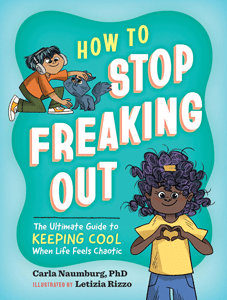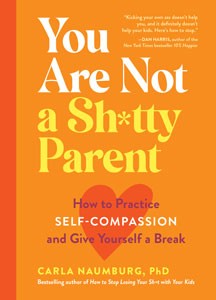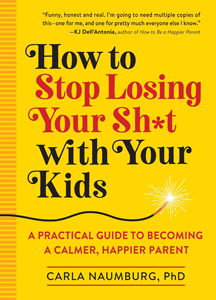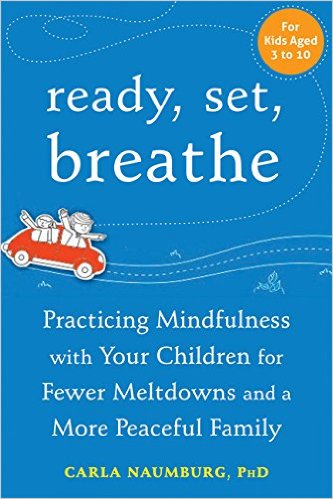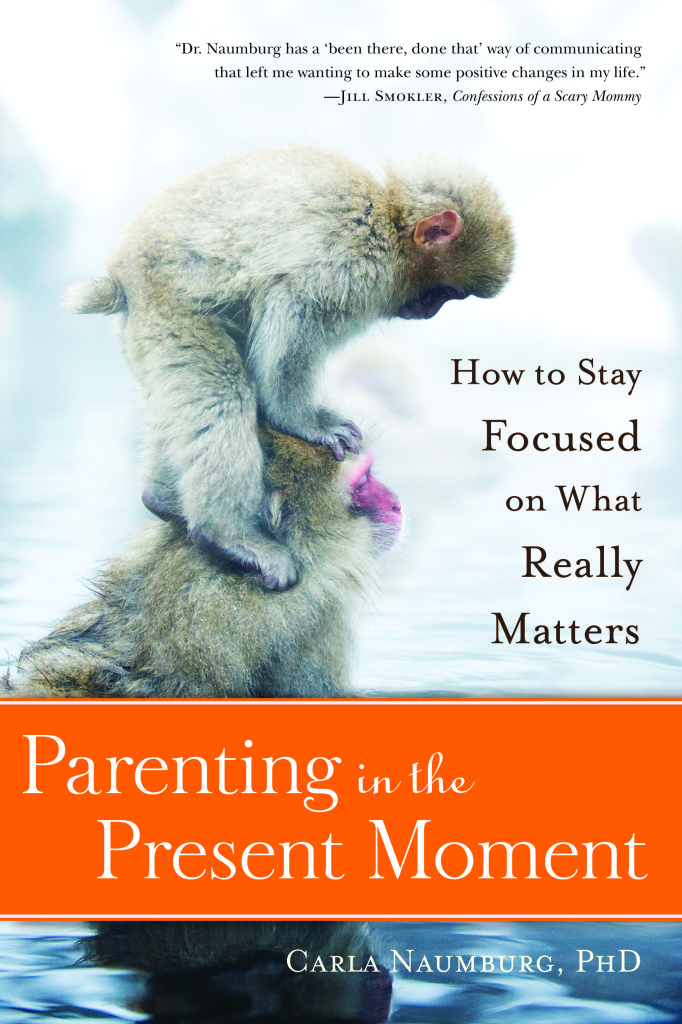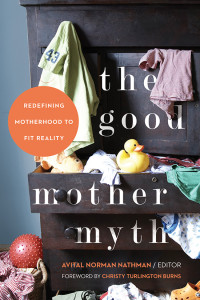Over the past three years, I’ve done a lot of interviews about How to Stop Losing Your Sh*t With Your Kids. They almost always end with the same question: “If you could leave parents with just one piece of advice, what would it be?”
That is my favorite part because it gives me a chance to dive into what I really want to talk about: self-compassion. Interviewers rarely ask about compassion because, it’s kind of weird and when the shit hits the fan and the world is falling apart, we parents don’t need feel-good baloney. We need strategies and solutions.
But here’s what most folks don’t realize: self-compassion is the strategy that leads to the solution, or at least the best way through the storm. It’s the antidote to the shame and blame that has become the theme song of our generation. For a variety of reasons I explore in the book, parents are holding themselves to impossible standards, taking responsibility for situations beyond their control, and treating themselves like crap when they don’t meet the mark.
Those of you with kids can probably relate. Maybe it was the ketchup sandwich for dinner, or the missed deadline for summer camp sign-up, or the rage- and exhaustion- fueled explosion. Whatever the details, chances are you’ve thought of yourself as a shitty parent at some point. Shoot, if you’re like many parents I know, you might be thinking it so often you don’t even notice anymore.
And that’s a bummer because all that shitty parent BS makes everything worse. We just can’t function that way. And that’s where self-compassion comes in.
I mentioned self-compassion in How to Stop Losing Your Sh*t With Your Kids; it’s a powerful strategy for preventing and recovering from anger-fueled explosions, aka shit loss. However, it’s such a skillful way to manage and respond to every challenge of parenting — including doubt, confusion, anxiety, and overwhelm – that I wrote a whole book about it.
Contrary to popular belief, self-compassion is not self-pity, self-indulgence, self-esteem, self-improvement, or letting yourself off the hook. Self-compassion is the most valuable tool in our parenting tool kit. It’s about noticing when we’re suffering and taking action, both in how we choose to think about whatever is going on and how we treat ourselves.
Self-compassion is the difference between believing you’re a crap parent because you have no idea how to get your kids off their tablets and reminding yourself that managing screen time is challenging for all of us. The crap parent story leaves feeling stuck and confused, while remembering that you’re not alone and that you don’t have to be a perfect parent to be a great one creates the headspace you need to figure out what you need and how to get it – whether it’s expert advice or a weekend away to get some sleep and clear your head.
My new book, You Are Not a Sh*tty Parent, dives deep into four powerful practices of self-compassion — noticing, connection, curiosity, and kindness — that counteract our deeply human tendencies toward isolation, judgment, and contempt.
When we remember that life with kids is hard for EVERYONE, a weight lifts off our shoulders. We no longer feel like failures; we feel like part of a mighty, if imperfect, team of humans working our butts off to raise the next generation of imperfect humans.
When we can get curious about our environment and experience rather than jumping straight to judgment, our parenting becomes more effective and empathic. When we slow down long enough to realize that we’re cranky because we missed lunch, and not because we’re inherently terrible people, we can get a sandwich instead of sinking into self-despair.
When we treat ourselves with kindness, by recognizing our needs, taking them seriously, and responding in skillful ways, everything feels so much easier. I’m talking about giving yourself the benefit of the doubt instead of beating yourself up when your kid is the only one who shows up in regular clothes on pajama day.
No matter how bad things get, you always have a choice. You can continue to believe that not only do you suck, but you suck way worse than other parents, and you’re epically screwing up the most important work of your life. Or, you can remember that we all make mistakes, get curious about what’s going on and what you need, and treat yourself with kindness.
Yeah. I vote for option B.
At the end of the day, compassion helps us move past the mental crap — the blame, shame, anxiety, and regret —- so we can calm down, think clearly and creatively, and move forward with confidence. That’s what You Are Not a Sh*tty Parent is all about, and that’s why I’m so excited to get it out into the world,

